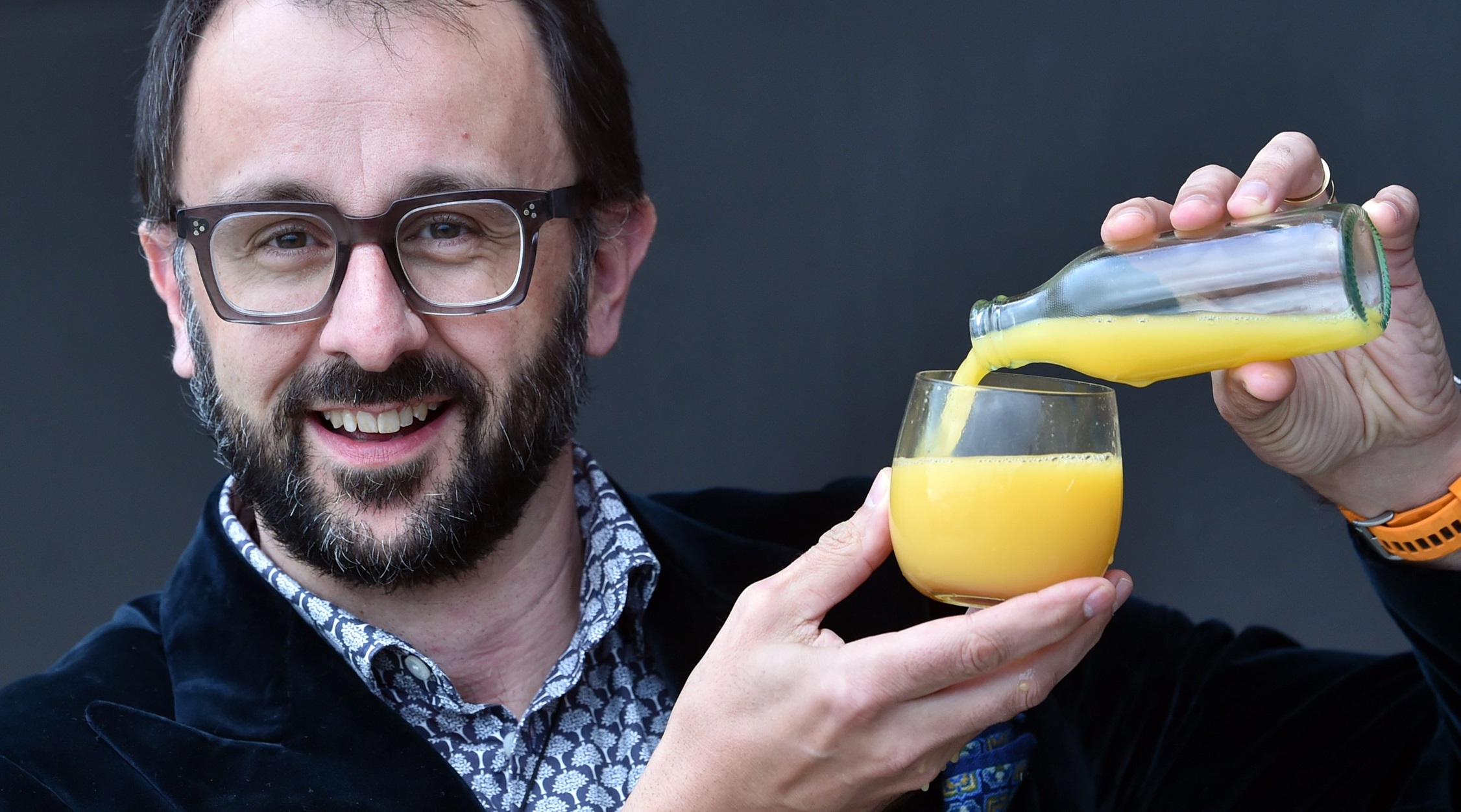
University of Otago professor of cancer medicine Chris Jackson said misinformation had been spread about cancer cures since the terminal illness was first diagnosed.
"As long as there's been disease, there's been unscrupulous snake oil salespeople who've been trying to profit off the misery of others," Prof Jackson said.
While some of the people offering cures were nefarious, others were well-meaning individuals with good intentions, but were armed with "inadequately understood information".
"There’s a real spectrum of it".
Prof Jackson said coffee enemas, purple rice and light machines were some of the "out-and-out quackery" on offer today.
"I cannot even begin to understand why people recommend those types of interventions to people with cancer," he said.
There was another group of people offering alternative complementary therapies including high-dose intravenous vitamin C applications that were not evidence-based and potentially harmful, he said.
It was administered by some medical practitioners who had made a jump based on a logical fallacy that low vitamin C levels in cancer cells led to adverse outcomes, he said.
However, intravenous vitamin C did not work because the human body was a lot more complicated than those practitioners appreciated.
Prof Jackson had a patient who had died from a high dose of intravenously administered vitamin C because it led to kidney stones and renal failure.
He said people felt a human imperative to do something to help, but the right thing to do was not to use non-evidence-based therapy.
Better ways of helping included mowing a cancer patient’s lawn, making them a cup of tea or listening to their concerns.
He also felt unease because cancer patients were spending a lot of money on those therapies that could be better used elsewhere.
Prof Jackson was concerned people with science degrees, doctors and unregulated wellness practitioners actively recommended quasi-scientific therapies.
People often over-extrapolated their expertise, he said.
"People can think because they're an expert in Area A that they know everything about Area B, and that's just not true.
"I'm an expert in gut and skin cancers, but I will not make recommendations about breast cancer because I have a healthy understanding of the limits of my knowledge."
It was better for oncologists to have honest conversations with their patients rather than to offer treatments that were not evidence-based.
Exercise and a healthy diet comprising a good quantity of fresh vegetables were proven to help advanced cancer patients live longer, whereas coffee enemas and juice diets had not been scientifically trialled.
As an oncologist, Prof Jackson had to be pragmatic with his approach when it came to helping his patients who had previously been suggested alternative therapies.
"I remind people that my only goal is for them to do well.
"That’s all I care about."














